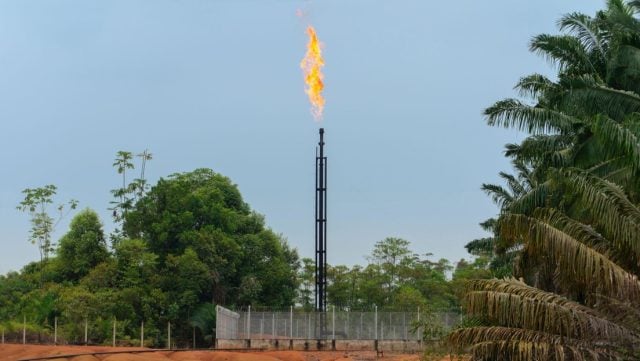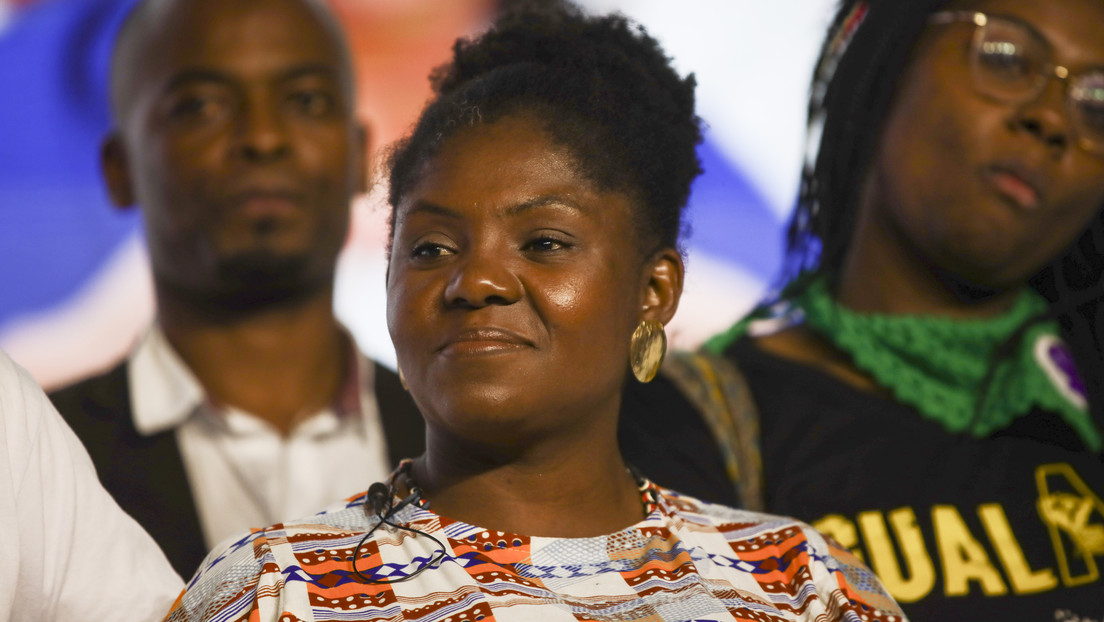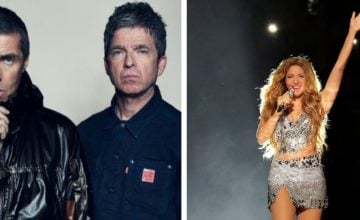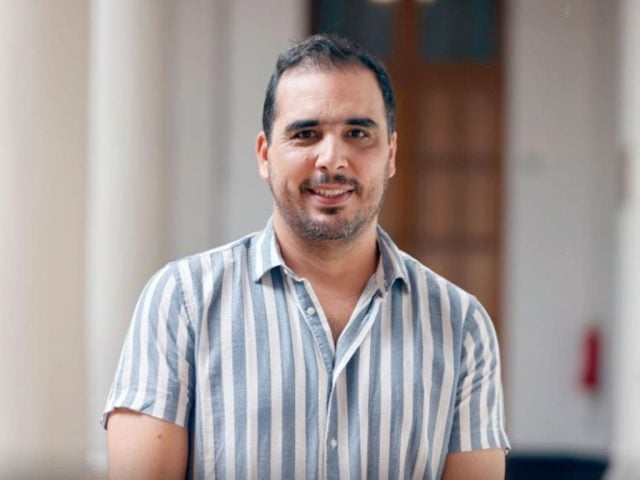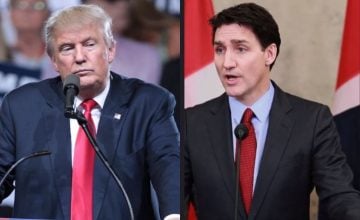The government of Iván Duque in Colombia, through the National Agency for Environmental Licenses (ANLA), decided to give «environmental viability» to the PPII-YNC Kalé Comprehensive Research Pilot Project, which allows the State oil company Ecopetrol to carry out tests of fracking in a well in the municipality of Puerto Wilches in the department of Santander, northeast of the country, but this decision has generated controversy and rejection because it would have been approved without taking into account a diverse number of dissenting voices.
According to a statement released this Monday by the ANLA, it is explained that the authorization is given «within the framework of Decree 328 of February 28, 2020», which establishes «the guidelines to advance Comprehensive Research Pilot Projects on Unconventional Deposits of hydrocarbons with the use of the Multistage Hydraulic Fracturing technique with Horizontal Drilling”, also known as fracking.
The institution also points out that the concession is based on a «rigorous analysis» that took into account the environmental impact study, «what was verified» in field visits and «what was collected» in participation scenarios. In addition, it indicates that it is an «unpublished» licensing conditioned by «specific regulations», which had a rigorous preparation, informed RT.
Regarding this, the ANLA assures that since 2019 they have worked with the “communities in the area of influence” of the project —which responds to a request from Ecopetrol—, through thousands of “workshops, talks, informative and participatory meetings, inter-institutional meetings and pedagogies” and «an environmental public hearing”.
According to the ANLA, the pilot tests will be carried out in Puerto Wilches «for the commissioning of (1) a platform and one (1) hydraulic fracturing well», and clarifies that said license «is not, in any way way, an endorsement» so that it can continue to the commercial phase.
«This is a first stage that the Evaluation Committee created by Decree 328 of 2020 will later analyze, to decide if there will be drilling and commercial production of hydrocarbons with this technique», adds the governmental institution, recalling that to proceed against that decision, the interested parties may resort to the appeal for reconsideration.
Why is the concession controversial?
One of the organizations that demonstrated against the ANLA resolution was the Alianza Colombia Libre de Fracking (The Alliance to free Colombia from Fracking), which issued a public letter to warn that the license had been approved in less than 5 months of study, «in the midst of irregularities, protests and threats” and “with numerous voices of rejection” due to the increase in acts of violence in that region of Magdalena Medio.
The Alliance also warns that «death threats» have been generated in the area where the project would be carried out, which led to the exile of an activist from the region.
“It is unfortunate that a fundamental issue in energy matters has not been discussed in the Congress of the Republic, where the allies of the government delayed for the third consecutive time the discussion of the bills to prohibit fracking and it is decided by the Government [of Iván] Duque, out of ‘eagerness’, without guarantees and a few months before the inauguration of a new president», said the Alliance.
In its letter, the organization points out that the authorization is granted «without the broad and informed participation of the communities of Puerto Wilches and Magdalena Medio, where for more than 100 years they have suffered the consequences of environmental and social degradation associated with the exploitation of hydrocarbons in a conventional manner.
Opinions on the measure in favor of fracking
The controversy over the decision of the Duque government spread to social networks, where different politicians expressed their opinions on the license, including the specialist in Environmental Law and senator elected by the Historical Pact, the indigenous Wayuu Martha Peralta Epieyú.
“While we were all celebrating Encanto’s triumph, the ANLA approved the license for the first fracking pilot in Puerto Wilches, Santander. They plan to destroy all the enchantment of our land. An Oscar for Iván Duque for his performance as a defender of the environment», she said.
For her part, Aida Quilcue, senator elected by the Special Indigenous Constituency of the Alternative Indigenous and Social Movement (MAIS), described the measure as «an attack» against «Mother Earth» and called for «urgent» action, because «the damage done by fracking is irreversible».
The candidate for the Presidency of Colombia for the Historical Pact, Gustavo Petro, also expressed his opinion against the resolution and pointed out that «fracking is the most predatory mechanism because it destroys the water of the territory, so as to continue an economic system based on hydrocarbons».
The Alternative Indigenous and Social Movement (MAIS) also criticized the authorization: » What ANLA has done by allowing a pilot fracking plan to be carried out in Puerto Wilches, Santander, is a slap on our faces. One cannot understand what the Government does, when it falsely says that it wants to protect the environment and the country’s natural wealth».
For his part, the president of Ecopetrol, Felipe Bayón, said in an interview with the local media outlet El Colombiano, that stopping oil exploration in the country would be «a risk», because importing foreign crude oil would cost Colombia between 50 and 60 billion dollars a year, which would be equivalent to four tax reforms.
According to Bayón, the fracking project should not be done quickly but «well», because «it generates a lot of emotions» and «there is a lot of ignorance». The head of Ecopetrol indicated that the oil company is measuring «about 200 socio-environmental variables, such as emissions, air quality, water, and noise».
The ANLA clarified that it is not part of the Evaluation Committee in charge of carrying out a special study with technical and scientific monitoring of the project, to determine if the tests «comply with the requirements and conditions» that guarantee the commercial phase of exploration and exploitation. The fracking project may advance as long as no legal proceedings are filed against it.
